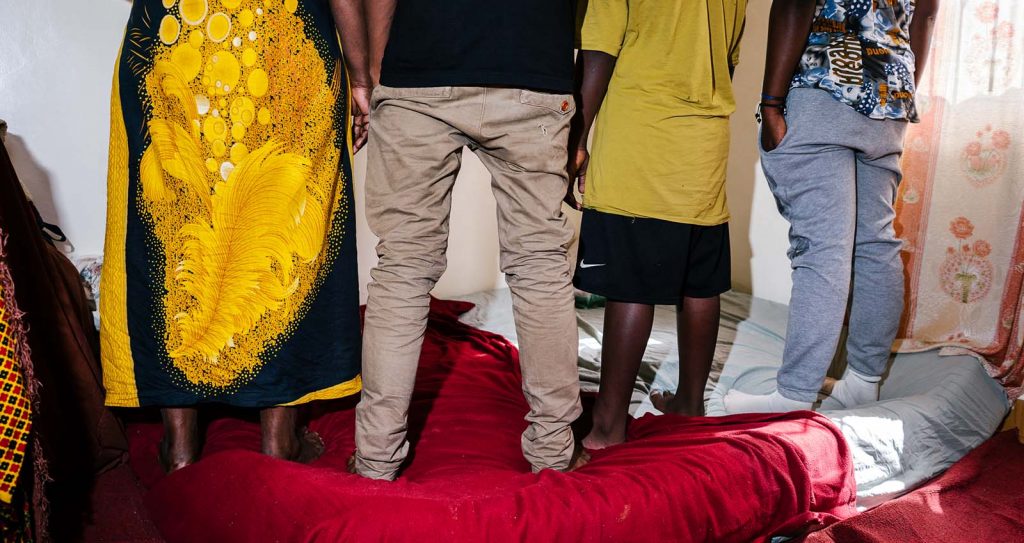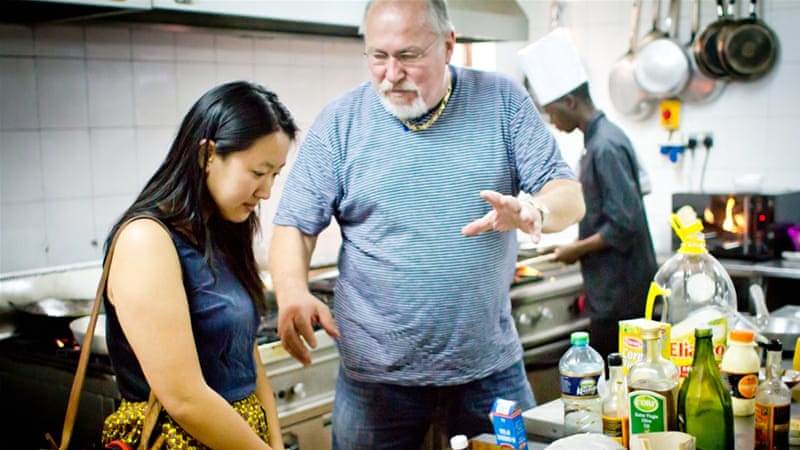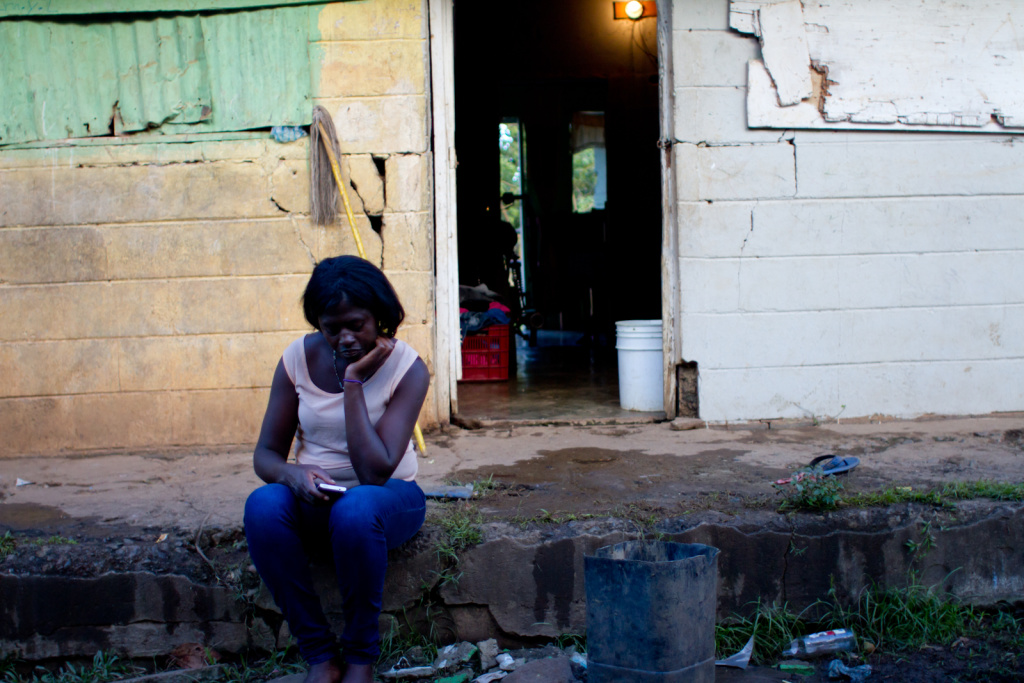
Jake Naughton
“We have a bad, bad story,” begins Gloria Ibara, a refugee from Burundi and the mother of four. Sitting on a mattress in a simple Nairobi apartment, she tells me of her problem: “They want to kill our family.”
Gloria, whose bright smile accents her worn face, was born in rural Gitega province to a family of farmers. As her children grew, Gloria came to realize her son Eric was gay. (The names of the family members have been changed out of concern for their safety.)
At first “I told him to stop, that it’s not good,” Gloria says. But over time she decided that “that’s the way he was, and he couldn’t change it.” So she went on loving and caring for him just the same.
In many parts of East and Central Africa where homophobia is rife, parents react harshly on learning that a child is gay. Parents feel enormous pressure to either “fix” their gay kids or disown them. I’ve met dozens of LGBT refugees who have fled their home countries and escaped to Kenya, and only one—a woman, also from Burundi—wasn’t disowned by her family. So when Gloria learned that her son Eric was gay, it was extraordinary for her not to reject them. Stunned as she was when she later found out that her older son, Claude, then well into his teens, too was gay, she supported him too. It’s for that reason that they are now a family on the run.
Read their story at TakePart.






